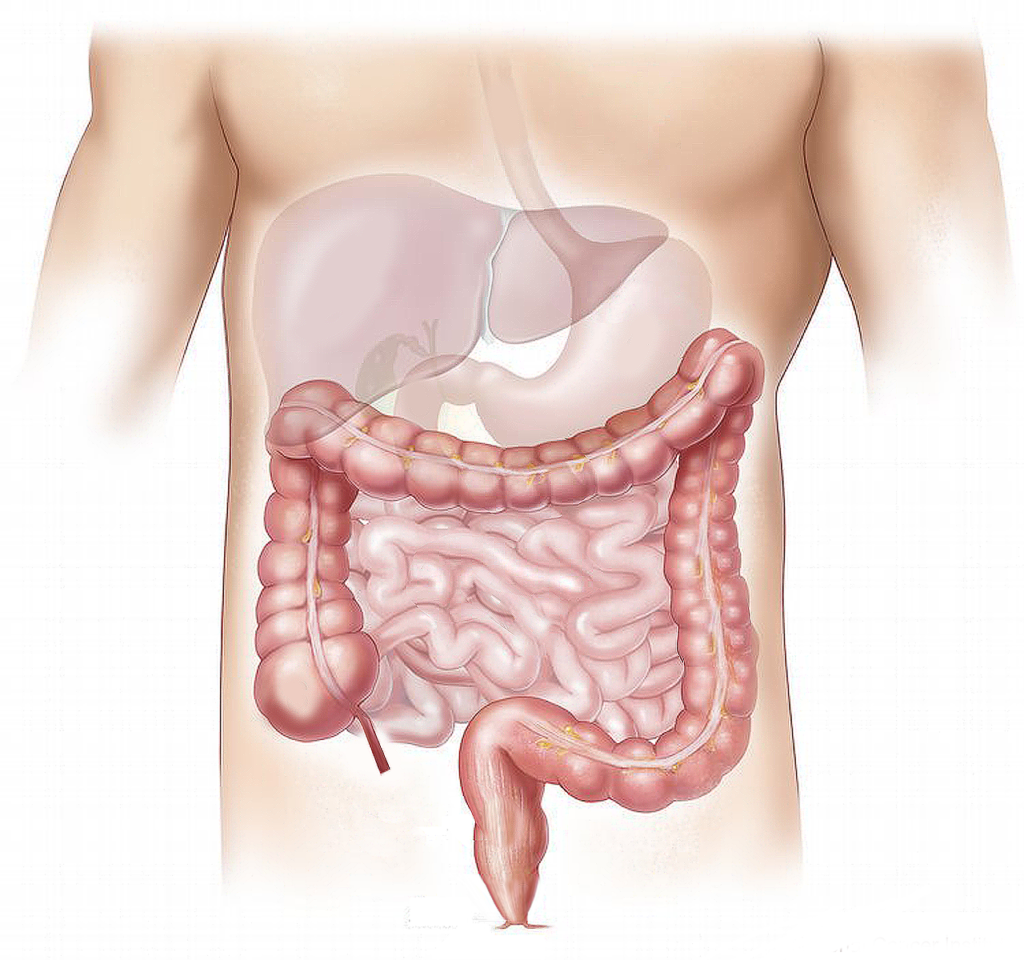
Overview
Colorectal cancer is a serious health concern and ranks among the most common cancers worldwide. It develops in the colon or rectum and often begins as small growths called polyps, which can eventually turn cancerous if left untreated. Understanding the risk factors for colorectal cancer is crucial for early detection and prevention. In this blog, we’ll discuss the key factors that raise your risk and what you can do to lower them.
What is Colorectal Cancer?
Colorectal cancer occurs when abnormal cells in the colon or rectum begin to grow uncontrollably. Most colorectal cancers start as small, noncancerous polyps. While not all polyps turn into cancer, certain types—like adenomatous polyps—have a higher likelihood of becoming cancerous. The good news is that when detected early, colorectal cancer is highly treatable.
Factors That Raise Your Risk
1. Age
One of the most significant risk factors for colorectal cancer is age. The majority of cases occur in people over 50, and the risk continues to increase as you age. While younger individuals can also be affected, routine screening after 50 is vital in catching the disease in its early stages.
2. Family History of Colorectal Cancer
Your family history plays an important role in determining your risk. If a close family member, such as a parent, sibling, or child, has had colorectal cancer, your risk is significantly higher. This may be due to inherited genetic mutations like Lynch syndrome or familial adenomatous polyposis (FAP), which can predispose individuals to cancer.
If you have a family history, you may need to begin screening earlier than the standard recommended age. Discuss genetic testing with your doctor to assess your inherited risk.
3. Personal History of Polyps or Cancer
If you’ve previously had colorectal polyps, especially adenomatous polyps, or a history of colorectal cancer, your risk of recurrence is elevated. Individuals who have survived other cancers, particularly ovarian, endometrial, or breast cancer, are also at a higher risk of developing colorectal cancer.
Regular follow-up screenings after the removal of polyps are essential to prevent the development of new cancerous growths
Related: Rising Colorectal Cancer Rates Among Children and Teens
4. Inflammatory Bowel Disease (IBD)
Chronic inflammatory bowel diseases like Crohn’s disease or ulcerative colitis significantly increase your risk for colorectal cancer. The longer these diseases persist, the more likely the colon lining can become damaged, leading to abnormal cell growth.
Regular colonoscopies to monitor inflammation and catch precancerous changes are critical for individuals with IBD.
5. Diet and Lifestyle Factors
Your diet and lifestyle choices can have a profound impact on your risk of colorectal cancer. Some habits are known to increase this risk, including:
- Diets High in Red and Processed Meats: Frequent consumption of red meat (beef, pork, lamb) and processed meats (bacon, hot dogs, sausage) has been linked to an increased risk of colorectal cancer.
- Low Fiber Diet: A lack of fiber in your diet—typically from fruits, vegetables, and whole grains—can contribute to poor colon health, increasing cancer risk.
- Sedentary Lifestyle: Lack of physical activity raises your overall cancer risk, including colorectal cancer. A sedentary lifestyle leads to obesity, which further exacerbates the risk.
- Obesity: Individuals who are obese, particularly those carrying excess abdominal fat, are at a greater risk for colorectal cancer.
- Smoking: Long-term smokers are more likely to develop various cancers, including colorectal cancer. Smoking not only damages the lungs but also affects other organs.
- Excessive Alcohol Consumption: Consuming large amounts of alcohol increases the risk of developing colorectal cancer.
Healthy Changes to Lower Risk: Maintaining a balanced diet rich in fiber, engaging in regular physical activity, and managing your weight can significantly reduce your risk. Quitting smoking and moderating alcohol consumption are also critical steps in cancer prevention.
6. Type 2 Diabetes
People with type 2 diabetes are more prone to colorectal cancer due to insulin resistance and other metabolic abnormalities. Additionally, the long-term effects of poorly controlled blood sugar can increase the risk of abnormal cell growth.
Controlling diabetes with a healthy lifestyle, diet, and medication can lower your risk of colorectal cancer.
Prevention Strategies for Colorectal Cancer
While some risk factors, such as age or family history, are beyond your control, many lifestyle and medical interventions can help you reduce your risk for colorectal cancer. Prevention revolves around early detection and making informed lifestyle choices.
1. Get Regular Screenings
Screening for colorectal cancer is the most effective way to detect the disease early. A colonoscopy allows your doctor to examine your colon and rectum for polyps or abnormal growths and remove them before they turn into cancer. Other screening options include stool-based tests and sigmoidoscopies.
Screening Guidelines:
- Begin screening at age 50 for individuals at average risk.
- Start earlier if you have a family history or other risk factors like IBD or genetic predisposition
Related: reducing cancer risk through lifestyle changes
2. Adopt a Healthy Diet
A diet high in fiber, including plenty of fruits, vegetables, and whole grains, can improve colon health and lower the risk of cancer. Limiting red and processed meat consumption also helps.
Dietary Recommendations:
- Eat 25-30 grams of fiber daily.
- Incorporate vegetables like broccoli, Brussels sprouts, and leafy greens.
- Opt for lean proteins such as chicken or fish instead of red meat.
3. Stay Physically Active
Engaging in regular physical activity not only helps manage your weight but also lowers your risk of colorectal cancer. Even moderate exercise, like walking or cycling, can improve digestion and reduce inflammation in the colon.
Aim for at least 30 minutes of physical activity most days of the week.
4. Quit Smoking and Limit Alcohol
Tobacco use and excessive drinking increase your risk for many cancers, including colorectal cancer. Quitting smoking and limiting alcohol to moderate levels can significantly improve your overall health and reduce cancer risks.
5. Manage Chronic Conditions
If you have type 2 diabetes or an inflammatory bowel condition, it’s essential to manage these diseases effectively. Regular check-ups, medication, and adherence to a healthy lifestyle are critical in reducing your cancer risk.
6. Consider Genetic Testing
If you have a family history of colorectal cancer or an inherited condition like Lynch syndrome, genetic testing can help you understand your risks better. Knowing your genetic predisposition allows you to take preventive steps, including earlier and more frequent screenings.
The Takeaway
Colorectal cancer is a preventable and treatable disease when caught early. While some risk factors, like age and family history, are beyond our control, adopting a healthy lifestyle, getting regular screenings, and managing chronic conditions can dramatically reduce your risk. Be proactive about your health—start screenings at the recommended age, make healthy diet choices, stay active, and quit smoking. By taking these steps, you can protect yourself from colorectal cancer and ensure a healthier future.
Remember, early detection saves lives. Take charge of your health today by scheduling your screening and making informed choices for your long-term well-being
FAQs on Colorectal Cancer
At what age should I start getting screened for colorectal cancer?
- For individuals at average risk, colorectal cancer screening should begin at age 50. However, if you have a family history of colorectal cancer, certain genetic conditions, or other risk factors like inflammatory bowel disease, your doctor may recommend starting screening earlier.
Can lifestyle changes really reduce my risk of colorectal cancer?
- Yes, making healthy lifestyle changes can significantly reduce your risk. Eating a diet high in fiber (fruits, vegetables, whole grains), reducing red and processed meat intake, staying physically active, quitting smoking, and limiting alcohol consumption are all important factors in lowering your risk.
What are the main symptoms of colorectal cancer I should watch for?
- Common symptoms include persistent changes in bowel habits (diarrhea or constipation), rectal bleeding, blood in the stool, abdominal discomfort, unexplained weight loss, and fatigue. However, many cases of colorectal cancer are symptomless in the early stages, which is why regular screening is critical for early detection.












